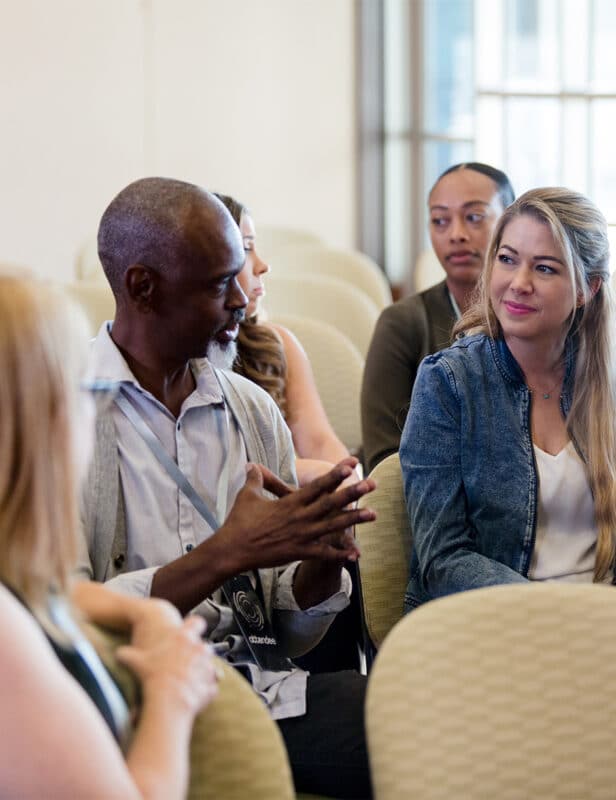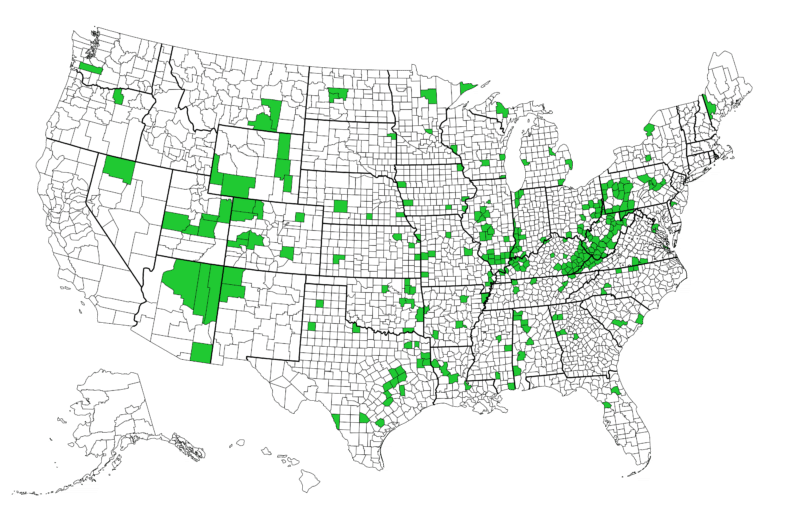About the Lab
The Just Transition Fund’s Local Economy Lab is a new initiative designed to help high-impact, community-led economic projects scale up by accessing different types of capital, including public, private, and philanthropic. In the past few years, coal communities have launched innovative economic and workforce development solutions to help grow their local economies and build local wealth. But given the uncertainty of the role of the federal government—which has played a key role in funding expansion in the past—innovative projects that have recently gained momentum must now access different types of capital to reach their full potential. We’re launching the Local Economy Lab to help.

Creating Transformative Impact
In the next few months, the JTF will select 5 to 10 economic development projects that have the ability to transform their local economy. Successful applicants will represent model case studies of success that other coal communities across the country can replicate and learn from. Benefits of participating in the Lab include:
Flexible, one-year grants of $250,000-$500,000 that can be used for a wide variety of project development activities
Tailored technical assistance, based on individual project needs
Help finding private sector funding from philanthropic sources and private companies committed to creating equitable local wealth
Support identifying creative public-sector funding sources, including federal and state investment opportunities
Connection to a network of peers, including sponsored attendance at the JTF National Convening
Criteria
The JTF will select community-led economic and workforce development projects to participate in the Lab. Successful projects will demonstrate:
-
A place-based economic development approach that builds on community assets, as well as local leadership and robust community engagement
-
Measurable impact on the local economy and the ability to scale up though public and/or private sector investment
-
Potential to serve as a model that can be replicated in other economically distressed coal communities
Application Process and Timeline
The deadline for the Step 1 and Step 2 Applications have passed. Our team is currently reviewing all submissions. For questions, contact Marissa Berkley at mberkley@justtransitionfund.org.

Stay in the Know
Sign up for our newsletter to stay up-to-date with funding opportunities and JTF news!

